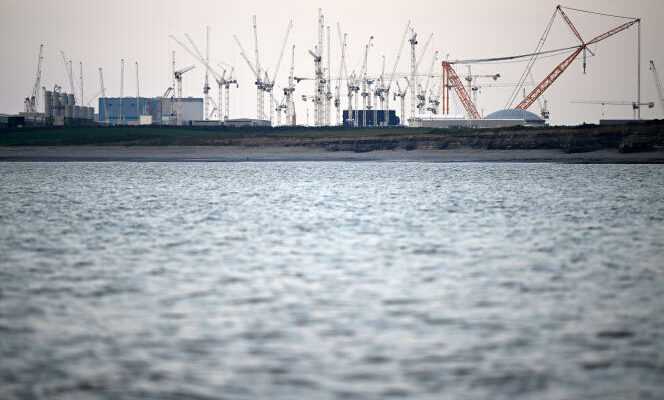En late, late… Like the rabbit ofAlice, the French nuclear industry spends its time looking at its watch and realizing that time is running too fast. Thursday, May 19, the bosses of the Hinkley Point reactor site, in the south-west of England, had to recognize that the start-up of the new power plant, built by EDF, would not take place before June 2027, i.e. two years later than expected in 2018. Assuming that this last deadline is respected, it will already be a record, if we consider that its French equivalent, the EPR reactor in Flamanville (Manche), will start up at least eleven years late. , and its Finnish little brother, twelve years older than initially announced.
These continual postponements are accompanied by an increase in the bill. Again, the British project, which was initially to cost 21 billion euros, is now valued at nearly 30 billion. The health crisis and its confinements have disrupted the subcontracting chain and reduced staff. Not to mention the inflation in the price of the raw materials used, such as steel or cement.
Basically, the problems are the same everywhere, and EDF is well placed to see this, with its setbacks on the Flamanville site. We can already draw three conclusions from this situation. The first is that EPR technology is still struggling to prove its relevance. Reactors so powerful (1,650 megawatts) that they are very difficult to build. The only two in operation are in China, and one of them has been shut down since June 2021, for unresolved leak issues.
Degradation of existing equipment
The second observation is that deadlines and costs are never respected. It is a great classic of the construction industry, but skids which double the expected times and quadruple the bill (French case) make the following forecasts hardly credible. Like that of having, in 2035, six new EPRs in France, for 50 billion euros, as EDF promises. Achieving this, in 2040, will already be considered an achievement in view of the current disappointments. The third observation that follows from this is that the extension of nuclear power in France, if necessary, is not a medium-term response (2030) to meeting climate objectives, contrary to what certain political discourses suggest.
Especially since it is also necessary to deal with the degradation of existing equipment, as proven by the problems of corrosion of pipes, which led EDF to stop 12 reactors in France, or more than 20% of its fleet. An unforeseen event that will cost the electrician dearly. He announced that this situation would cost him 18.5 billion euros in gross profit (Ebitda) against 16 announced in March. Whether for the government or for EDF, putting all its eggs in one nuclear basket is not an option.
